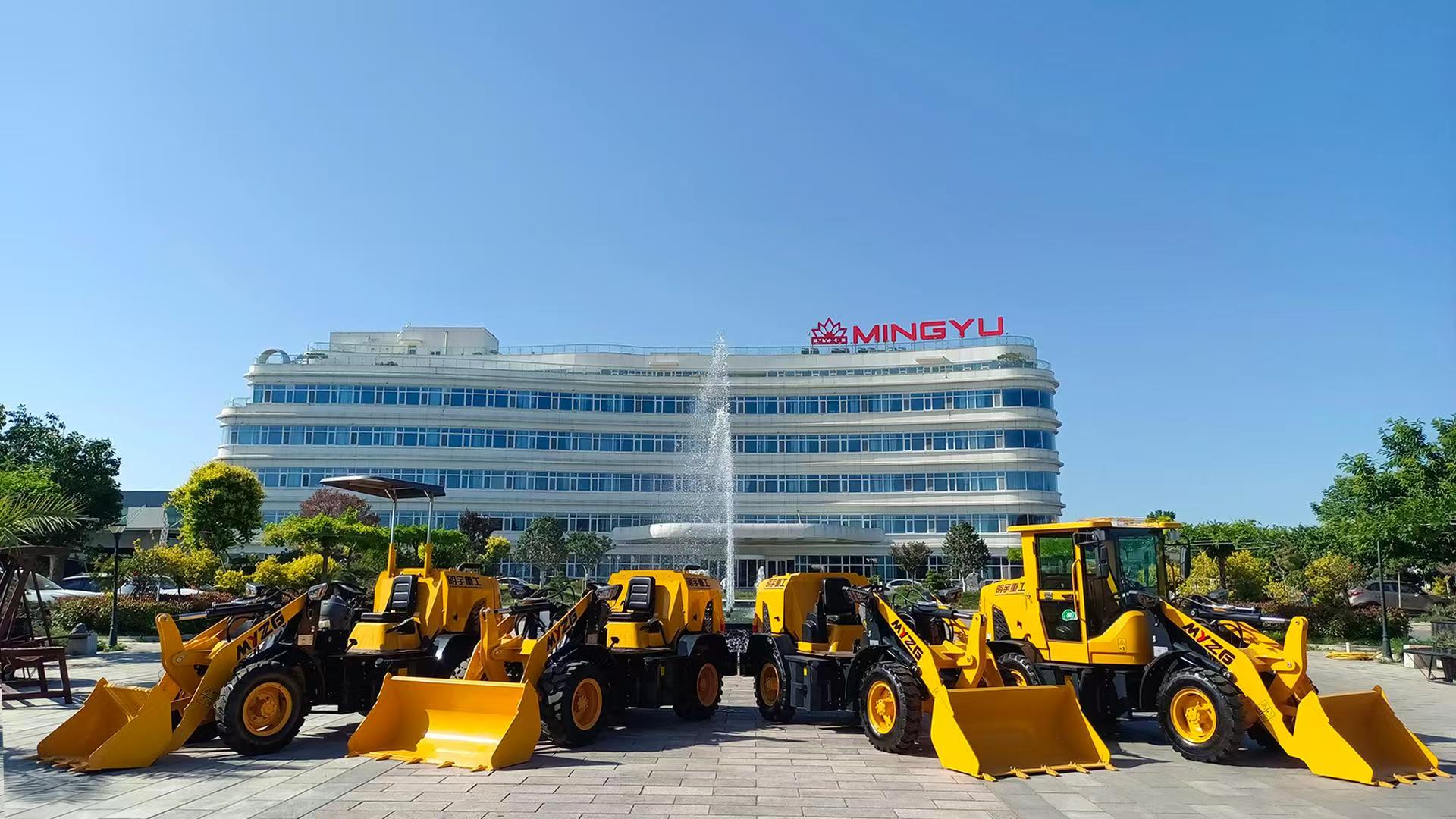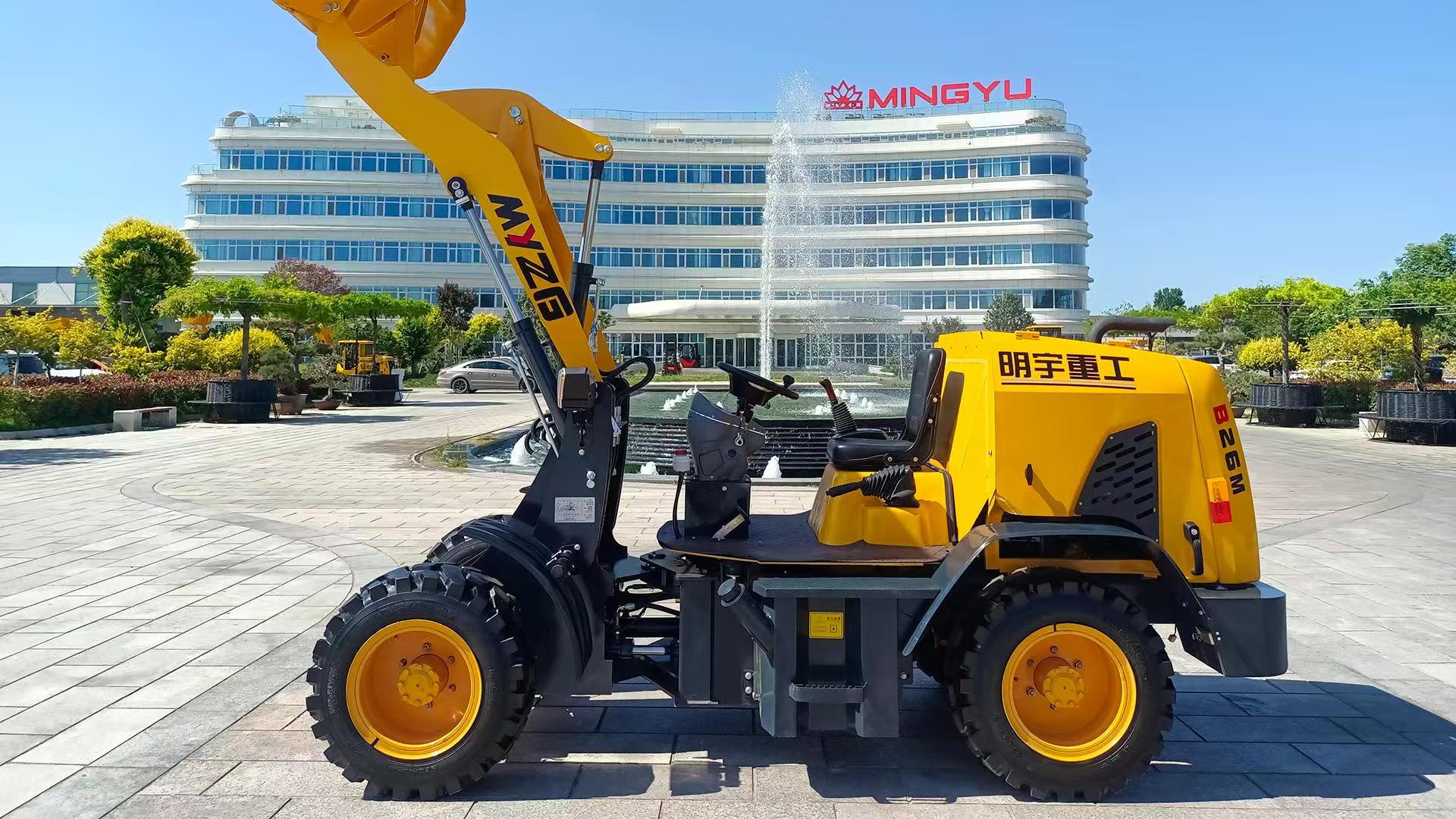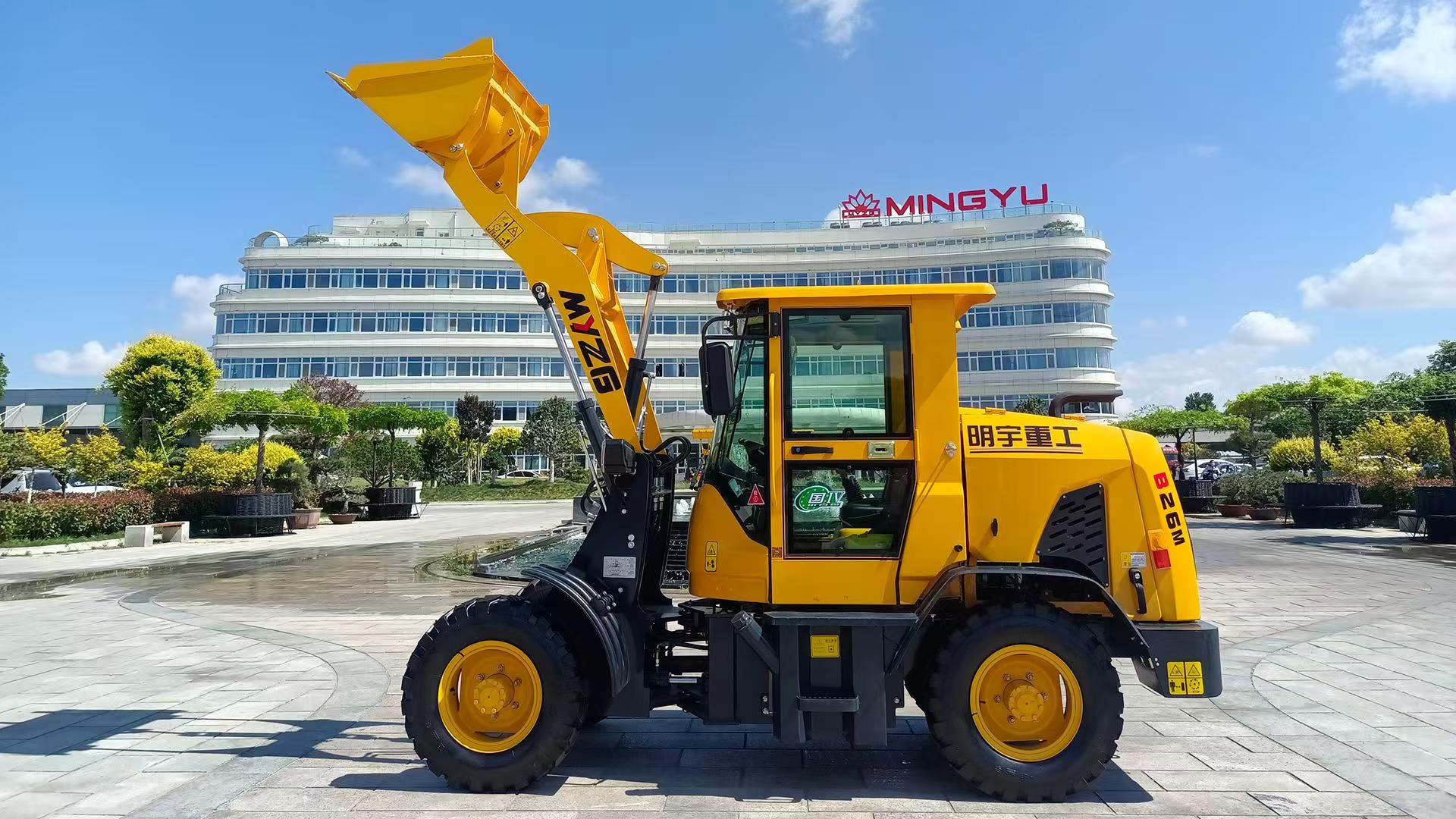What Are the Common Applications of Wheel Loaders in Agriculture?
1. Introduction
In the realm of modern agriculture, efficiency and versatility are key to maximizing productivity and managing large-scale operations effectively. Among the many types of machinery that farmers rely on, wheel loaders have become indispensable tools. These powerful machines are designed to handle a variety of materials and tasks, making them highly adaptable to the diverse needs of agricultural work. This article explores the common applications of wheel loaders in agriculture, highlighting how their multifunctionality contributes to streamlined operations and enhanced farm management.
2. Overview of Wheel Loaders
Wheel loaders are heavy equipment vehicles characterized by a front-mounted bucket that can scoop, lift, and transport materials. They come in various sizes and power ranges, allowing farmers to choose the appropriate model based on their specific operational needs. Key features of wheel loaders include high maneuverability, robust lifting capacity, and the ability to attach various tools and accessories. These attributes make wheel loaders well-suited for numerous agricultural applications, from handling bulk materials to assisting with land preparation.
3. Loading and Unloading Bulk Materials
One of the most common uses of wheel loaders in agriculture is loading and unloading bulk materials. Farmers often need to handle feed, grains, fertilizers, soil, compost, and manure efficiently. Wheel loaders can quickly scoop large volumes of these materials and transfer them to trucks, storage facilities, or distribution points. This capability significantly reduces manual labor and speeds up the workflow, which is especially crucial during peak farming seasons.
4. Transporting Agricultural Materials
Beyond loading tasks, wheel loaders serve as versatile transport vehicles within the farm. They can move heavy items such as hay bales, pallets of seed, crates of produce, and other farming supplies across varying terrains. The agility and speed of wheel loaders help farmers reposition materials rapidly, supporting other operations like planting, harvesting, and livestock management.
5. Land Preparation and Maintenance
Before crops can be planted, the land needs to be prepared adequately. Wheel loaders assist farmers by clearing debris, rocks, and unwanted vegetation from fields. They are also used to level uneven ground and prepare seedbeds, which ensures optimal growing conditions. Moreover, wheel loaders help maintain farm roads and pathways, enabling the smooth movement of machinery and vehicles throughout the property.
6. Handling Livestock-Related Tasks
In livestock farming, maintaining clean and safe living conditions is essential. Wheel loaders are instrumental in cleaning animal pens and barns by removing manure and soiled bedding materials. They also transport fresh bedding such as straw or sawdust and move feed and water supplies to different areas. This functionality helps improve animal welfare and farm hygiene.
7. Assisting in Harvest Operations
During harvest, time and efficiency are critical. Wheel loaders aid by loading harvested crops, such as grains or vegetables, into trucks or storage containers. They often work alongside combine harvesters and other harvesting machinery to expedite the collection process. Their ability to handle large quantities of produce quickly helps reduce crop loss and labor costs.
8. Construction and Farm Infrastructure Projects
Farming operations frequently involve construction and infrastructure development. Wheel loaders are valuable for tasks such as digging trenches for irrigation systems, excavation for foundations, and moving construction materials like gravel or sand. They also support building projects on the farm, including silos, fences, barns, and storage sheds. Their versatility reduces the need for multiple specialized machines.
9. Environmental and Sustainability Applications
Sustainable farming practices increasingly rely on efficient machinery like wheel loaders. These machines are used to manage compost piles and organic waste, facilitating recycling and soil enrichment. They also assist in soil reclamation and erosion control projects, helping maintain healthy land conditions. By supporting environmentally friendly practices, wheel loaders contribute to long-term farm viability.
10. Safety and Operational Considerations in Agriculture
Operating wheel loaders on farms requires careful attention to safety and maintenance. Farmers and operators should receive proper training to handle the machinery safely, especially given the often uneven and unpredictable terrain. Regular maintenance is necessary to ensure reliability and longevity, with attention to components that may be affected by dust, moisture, and heavy use. Adapting wheel loader attachments, such as forks, grapples, or bale spears, to specific tasks also enhances operational safety and efficiency.
11. Future Trends and Innovations
The future of wheel loaders in agriculture is being shaped by technological advancements. Integration of GPS and automation allows for precision farming, improving task accuracy and reducing operator fatigue. Electric and hybrid wheel loaders are emerging, offering more sustainable options with reduced emissions and operating costs. New attachments and multifunctional tools continue to expand the capabilities of wheel loaders, making them even more indispensable on modern farms.
12. Conclusion
Wheel loaders play a vital role in agriculture, providing versatile solutions for loading, transporting, land preparation, livestock management, harvest assistance, construction, and sustainability efforts. Their adaptability and efficiency significantly enhance farm productivity and operational effectiveness. As technology evolves, wheel loaders will continue to advance, further supporting the needs of modern agriculture and helping farmers meet the challenges of tomorrow.
Post time:Jul.25.2025



